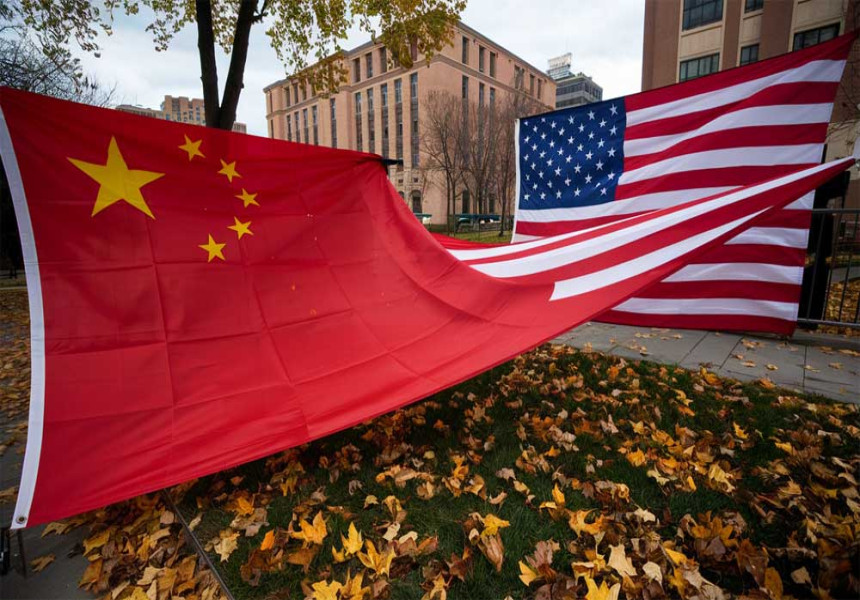China Pulls Back from US Private Equity Investments Amid Rising Geopolitical and Economic Challenges
China has significantly reduced its investments in U.S. private equity (PE) and venture capital (VC) sectors, reflecting a broader economic decoupling between the two nations.
Key Factors Behind the Pullback
- Geopolitical Tensions and Regulatory Crackdowns: The U.S. has imposed restrictions on investments in sensitive Chinese technology sectors, including AI, semiconductors, and quantum computing, citing national security concerns. This has led to a sharp decline in U.S. PE and VC investments in China, which fell to $7.25 billion in 2023—the lowest since 2019 .S&P Global+1S&P Global+1
- Challenges in Exiting Investments: Major PE firms like Blackstone, KKR, and Carlyle have faced difficulties in exiting their China-based investments due to Beijing's tightened restrictions on IPOs and a slowing economy. In 2023, none of the top 10 global PE firms successfully listed a Chinese company or fully exited through M&A, marking the first such occurrence in over a decade .Financial Times+2Private Equity Wire+2Nasdaq+2
- Shift in Investor Sentiment: Investor confidence in China has waned, with only 3% of institutional investors in 2024 viewing China as the most attractive market in Asia, down from 58% in 2021 .S&P Global+1S&P Global+1
Strategic Reorientation
In response to these challenges, investors are redirecting their focus to other Asian markets. India, Southeast Asia, and Japan have become more attractive destinations for PE investments due to their growing economies and more favorable regulatory environments .S&P Global
This strategic shift underscores a significant realignment in global investment patterns, as firms seek to mitigate risks associated with the U.S.-China economic relationship.
In recent years, China has also witnessed a marked decline in private equity investments originating from the United States, a trend that has intensified throughout 2024. This pullback is driven by a combination of escalating geopolitical tensions, economic uncertainties, and tightening regulatory environments on both sides.
Data from the first half of 2024 reveals a steep drop in US private equity and venture capital investments in China, with deal values plummeting by nearly 89% compared to the same period in 2023. The total investment volume shrank to approximately $650 million across just 45 deals, signaling a significant retreat from what was once a robust investment corridor. This downturn follows a pattern established since 2022, when US investments in China had already fallen by 76% year-over-year.
Several factors underpin this decline. Heightened geopolitical frictions, including US-imposed export controls and restrictions on investments in sensitive Chinese technology sectors, have raised the risks and complexities for American investors. Concurrently, China’s slowing economic growth and ongoing challenges in its real estate market have dampened investor confidence. Regulatory hurdles, such as stricter scrutiny of Chinese companies seeking overseas listings and increased security measures limiting foreign business operations, further complicate the investment landscape.
The consequences of these developments extend beyond private equity. Foreign direct investment inflows into China have dropped to their lowest levels in over twenty years, while portfolio capital outflows have surged. Some US institutional investors, including state pension funds, have also begun divesting from Chinese assets due to geopolitical and ethical concerns.
Despite the retreat of US capital, other global investors, notably sovereign wealth funds from the Middle East, have increased their presence in China, partially offsetting Western withdrawals. Additionally, some US private equity firms are adjusting their strategies, favoring cross-border partnerships and less direct exposure to the Chinese market.
In summary, the sharp pullback of US private equity investments in China reflects a complex interplay of geopolitical, economic, and regulatory challenges. As global investment patterns evolve, both Chinese and American investors are navigating a new era marked by caution, recalibration, and shifting alliances.









